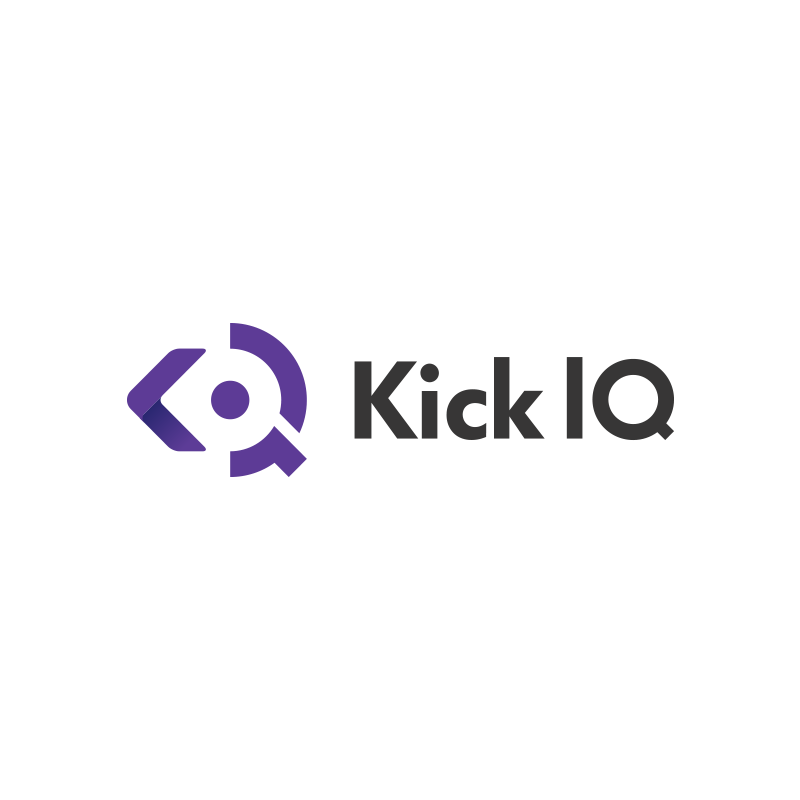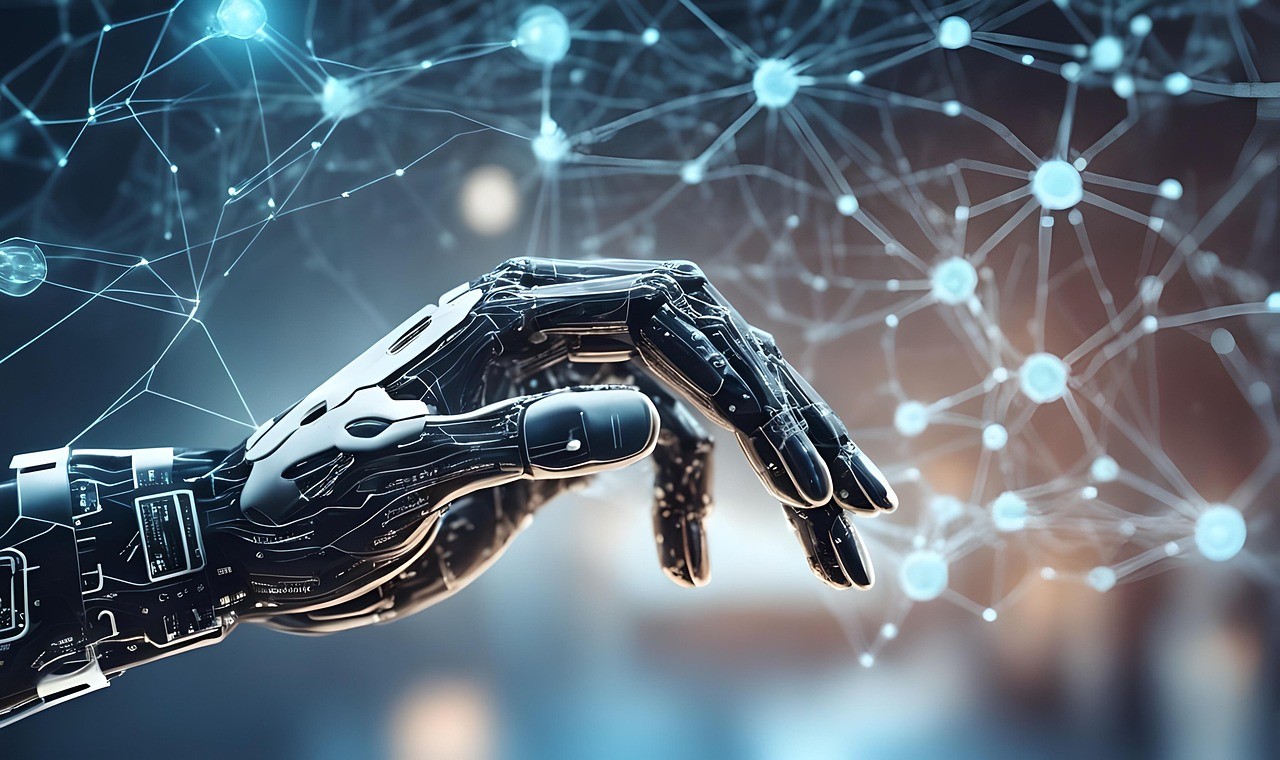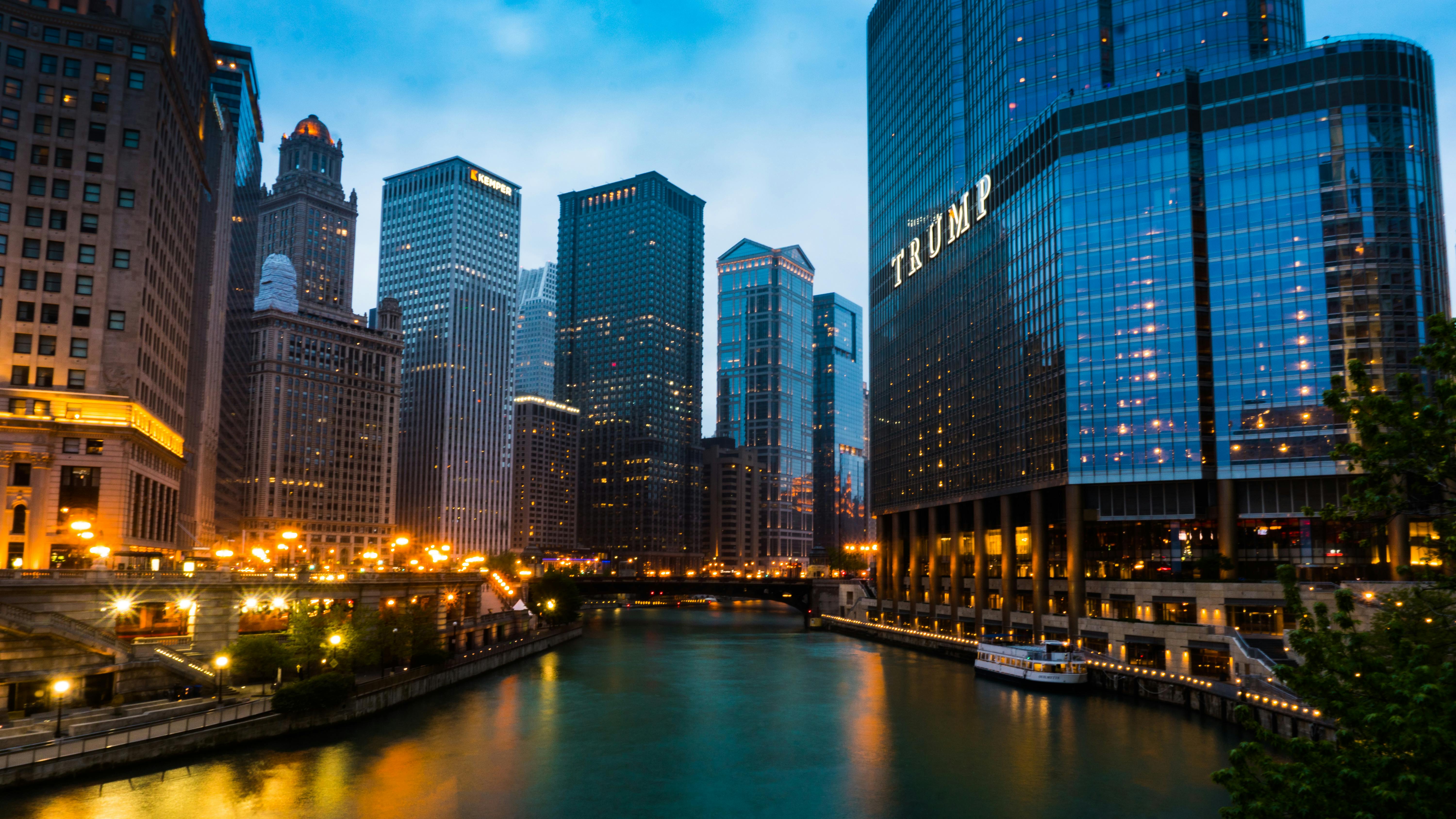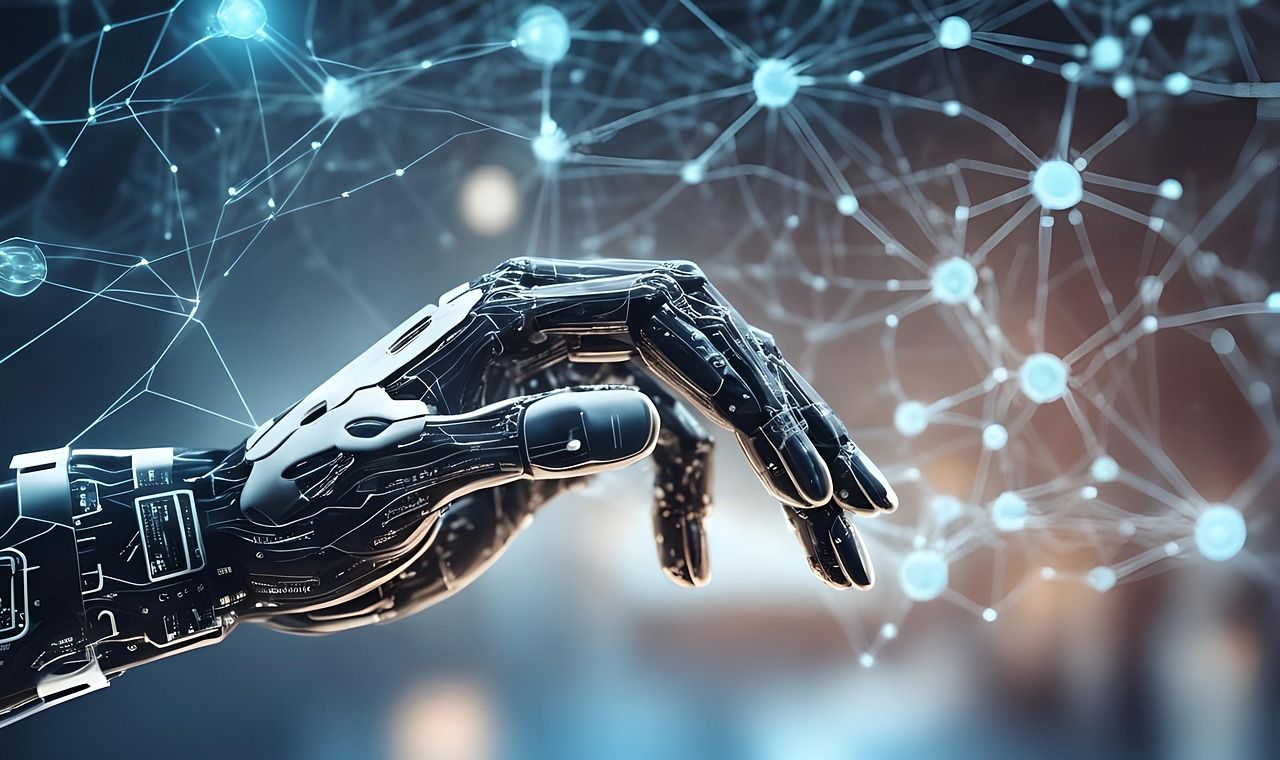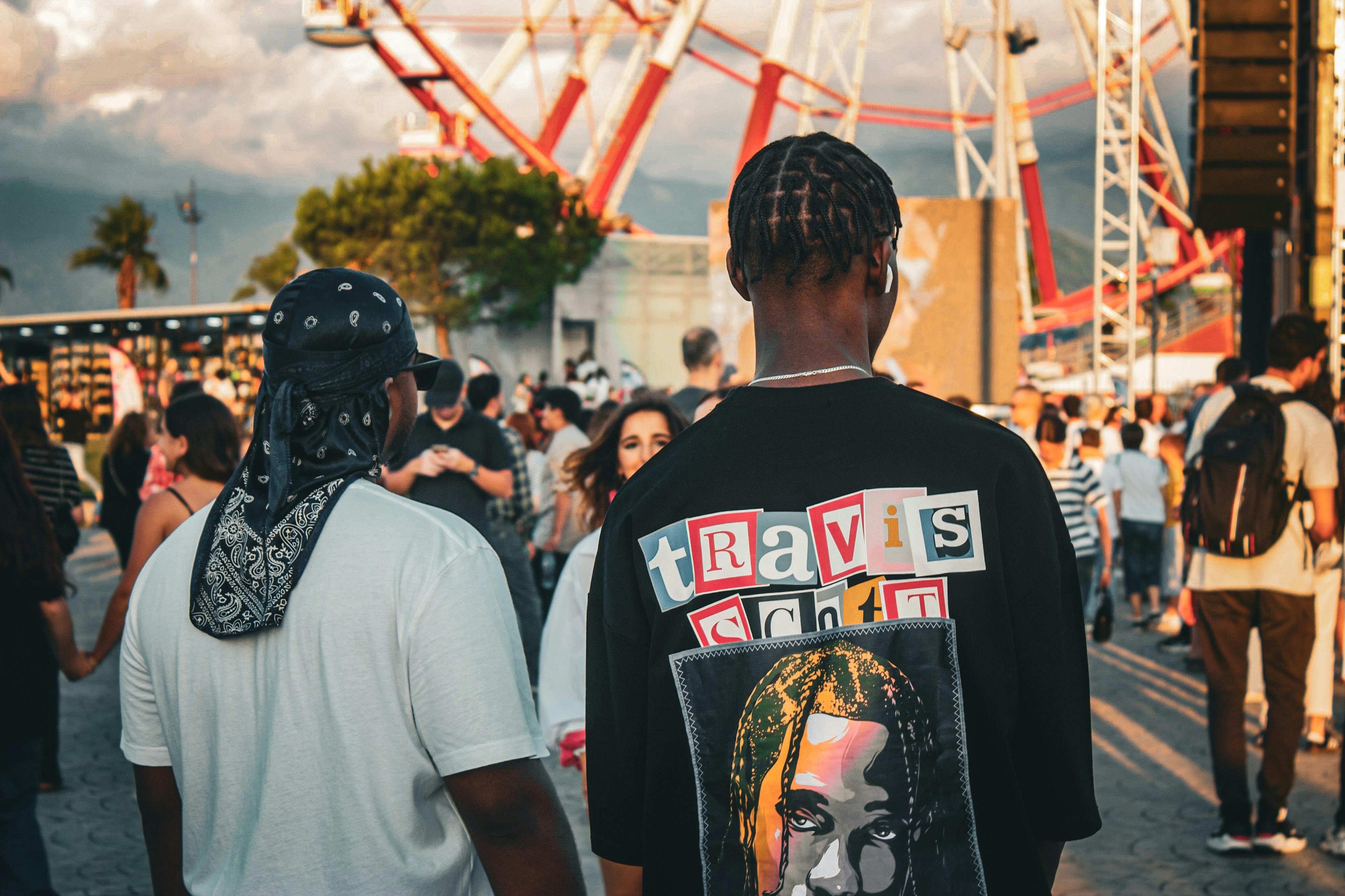
The sneaker industry is undergoing a profound transformation, driven by the integration of artificial intelligence (AI) across various aspects of its operations. From design and manufacturing to marketing and customer experience, AI is revolutionizing how sneakers are created, sold, and consumed. Here are the top 9 ways AI is transforming the sneaker industry:
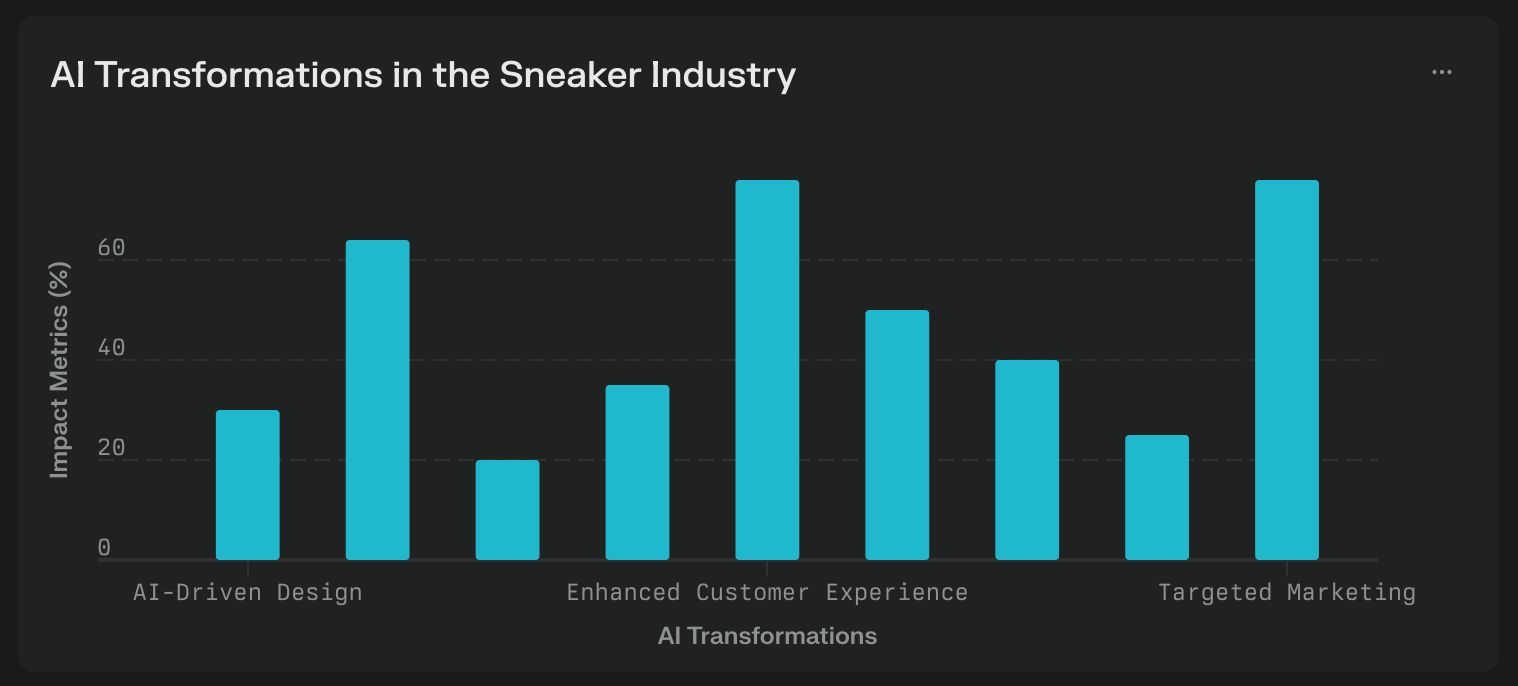
1. AI-Driven Design
AI algorithms are revolutionizing sneaker design by generating thousands of design iterations in minutes. This technology allows brands to explore unconventional shapes, materials, and textures, leading to innovative products like Puma's Inverse sneaker, which blends archival inspiration with AI-generated designs.
2. Personalized Footwear
AI-powered 3D scanning technology is enabling brands like Nike and Adidas to offer custom-fit shoes. This trend is pushing the industry toward more bespoke solutions, with a significant portion of consumers willing to pay a premium for personalized products. For instance, 64% of consumers are open to paying more for tailored experiences.
3. Optimized Manufacturing
AI is streamlining production processes, reducing waste, and increasing efficiency. Nike's "Grabit" system, which uses AI-powered robots, has increased production efficiency by 20%. This technology ensures faster production cycles while maintaining quality standards.
4. Predictive Analytics
AI models analyze market trends, weather patterns, and consumer behavior to forecast demand with remarkable accuracy. This predictive capability leads to inventory reduction by up to 35%, minimizing overstock and ensuring that products meet actual demand.
5. Enhanced Customer Experience
AI-powered virtual fitting rooms and foot scanning technologies, such as Nike Fit, help consumers choose the right size and most suitable model. This reduces return rates and improves customer satisfaction, as consumers are more likely to purchase shoes that fit perfectly.
6. Sustainable Production
AI optimizes the use of recyclable and sustainable materials, managing material cycles in projects like Adidas's "Futurecraft Loop." This ensures maximum efficiency with minimal waste, aligning with growing consumer demand for eco-friendly products.
7. Supply Chain Optimization
AI-driven logistics solutions enhance delivery accuracy and reduce costs by optimizing route planning and tracking inventory levels in real-time. This results in faster delivery times and lower operational costs, improving overall supply chain efficiency.
8. Performance Enhancement
AI algorithms analyze athletes' movements to optimize sole and support systems, creating shoes with performance-enhancing features based on user data. This technology helps athletes perform better while reducing the risk of injuries.
9. Targeted Marketing
AI analyzes consumer preferences to enable targeted advertising and personalized recommendations. With 76% of customers expecting companies to understand their needs, AI-driven marketing strategies are crucial for engaging consumers effectively and driving sales.
These AI-driven innovations are reshaping the sneaker industry, promising a future of highly personalized, efficient, and sustainable footwear production. As AI continues to evolve, its impact on the industry will only grow, offering new opportunities for brands to innovate and connect with consumers in meaningful ways.
Found this valuable?
Share it with your network
